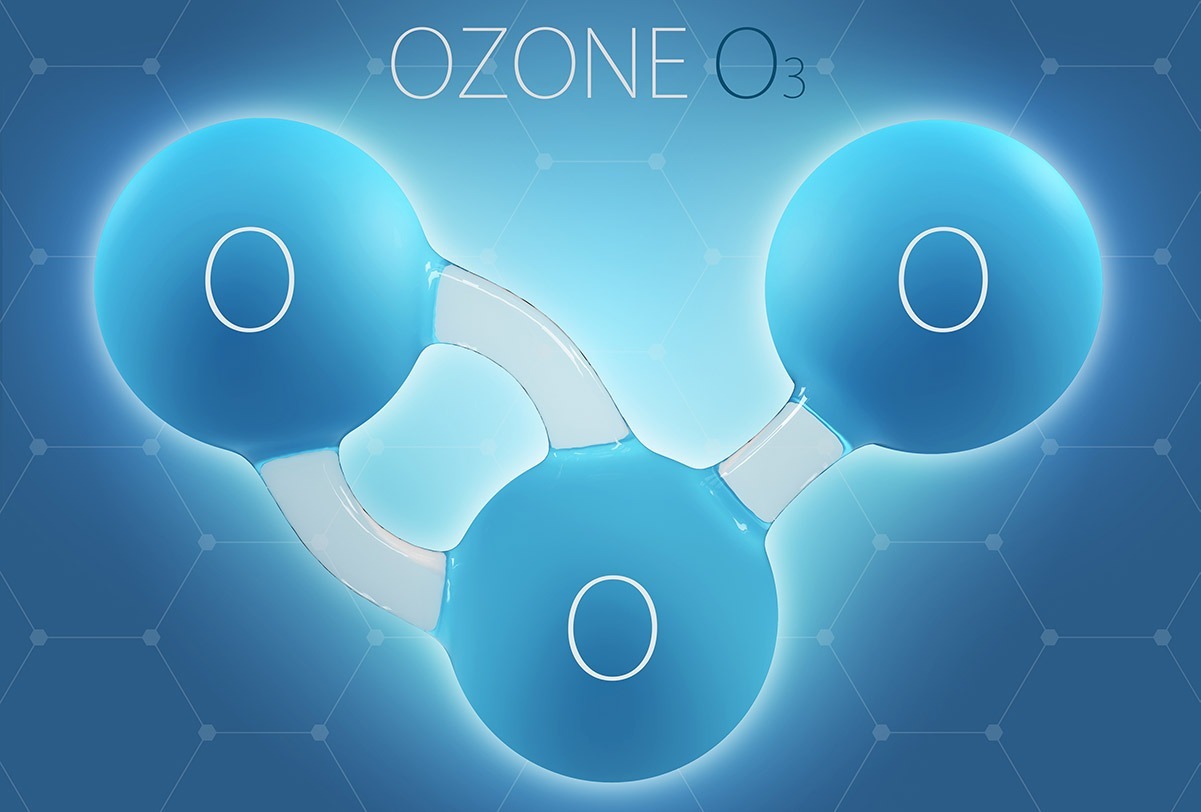In recent years, the medical community has witnessed a surge in interest surrounding ozone therapy, particularly ozone insufflation. This innovative treatment involves the introduction of ozone gas into various bodily systems, offering a spectrum of potential health benefits. From immune modulation to tissue regeneration, ozone insufflation holds promise as a versatile therapeutic approach. This article delves into the intricacies of ozone insufflation, exploring its mechanisms, applications, and emerging research findings.

Understanding Ozone Insufflation: Ozone, a triatomic form of oxygen, exhibits potent oxidative properties that have been harnessed for therapeutic purposes. Ozone therapy encompasses various administration methods, including ozonated water, ozone sauna, and ozone insufflation. Unlike other delivery methods, ozone insufflation involves the direct introduction of ozone gas into the body via rectal, vaginal, sinus, breathing treatments, or ear routes.
Mechanisms of Action: The therapeutic effects of ozone insufflation are multifaceted, attributed to its diverse mechanisms of action. Upon administration, ozone interacts with biomolecules, triggering a cascade of biological responses. One primary mechanism involves the modulation of the immune system, stimulating the release of cytokines and enhancing immune surveillance. Additionally, ozone promotes oxygen utilization at the cellular level, bolstering mitochondrial function and optimizing cellular metabolism. Its antimicrobial properties render it effective against bacteria, viruses, and fungi, making it a valuable adjunct in addressing various infections. In this age of pandemic viruses and antibiotic-resistant superbugs, ozone should be integrated into our health regimens as there are no resistant organisms noted to date.
Clinical Applications: Ozone insufflation has garnered attention across a spectrum of medical specialties for its broad therapeutic potential. In integrative medicine, it is utilized as an adjunctive therapy for conditions ranging from chronic infections to autoimmune disorders. Research suggests its efficacy in managing gastrointestinal conditions, such as inflammatory bowel disease and irritable bowel syndrome. Furthermore, ozone insufflation shows promise in promoting wound healing and tissue repair, making it relevant in dermatology and wound care.
Emerging Research and Safety Considerations: While the therapeutic benefits of ozone insufflation are promising, ongoing research aims to elucidate its efficacy across diverse clinical scenarios. Preliminary studies suggest its potential to mitigate oxidative stress, reduce inflammation, and improve circulation. However, safety remains paramount in the application of ozone therapy. Proper dosing, administration techniques, and patient selection are crucial to minimize adverse effects and maximize therapeutic outcomes.
Ozone insufflation represents a compelling avenue in the realm of complementary and alternative medicine, offering a non-invasive approach to address various health concerns. Its diverse mechanisms of action and broad clinical applications underscore its potential as a valuable therapeutic modality. As research continues to unravel the intricacies of ozone therapy, collaboration between conventional and integrative healthcare practitioners will be pivotal in harnessing its full therapeutic potential for the benefit of patients worldwide.
 Add Row
Add Row  Add
Add 




Write A Comment